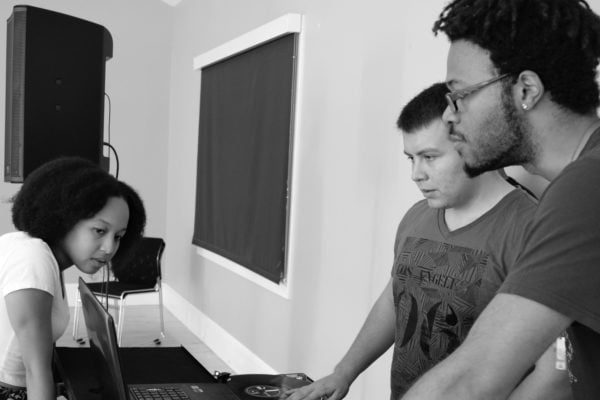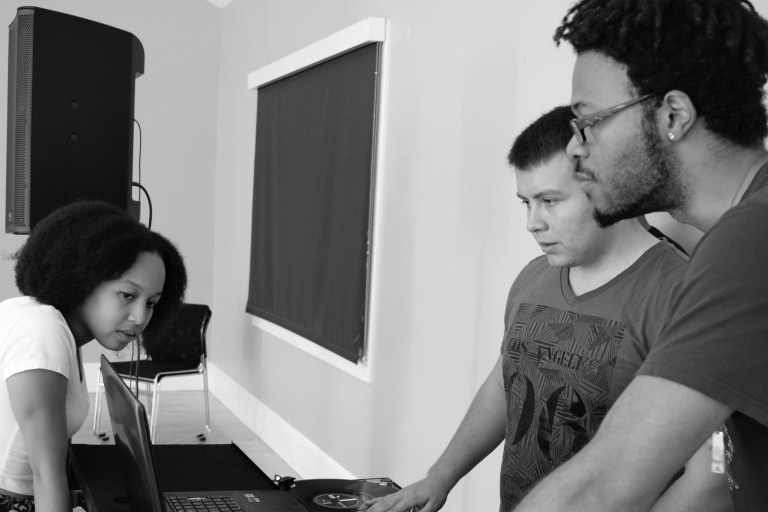
Though it is hardly a concept exclusive to hip-hop, the sequel album holds undeniable weight in those orbits. Consider some of the most acclaimed rap albums of the decade so far: Future’s “DS2,” Run the Jewels’ “Run the Jewels 2,” Meek Mill’s “Dreamchasers 2.” Some rappers don’t release sequels to their most famous works until a few albums later; after the mixed reception of the albums that followed “The Marshall Mathers LP” and “Only Built 4 Cuban Linx…,” Eminem and Raekwon revisited them more than a decade later to critical acclaim. The reason for this is not just about the music, but the dynasty that it builds. Trends in hip-hop change faster than in any other genre, and artists are judged as much by the strength of their trademark as they are for the quality of their music—perhaps even more so. Anyone within earshot of a radio surely can’t forget the choruses of “Run This Town” and “Empire State of Mind,” but do you remember that Jay-Z was even on those songs? No? Well, “The Blueprint 3” sold nearly three million copies all the same.
The latest hip-hop outfit to try their hand at a sequel album is none other than Stanford’s own Outsiders. It’s been just over a year since they made waves with their debut, “O/X1,” a solid mixtape that combined socially conscious hip-hop with some absolute bangers. Following some lineup changes, the gang is back for seconds, and on “O/X2,” the Outsiders deliver a sequel that is every bit as good as its predecessor—and, in some respects, even outdoes it. Credit to the production trio of Doza, C4 and faruhdey, who play a much larger role than on the previous outing, and EAGLEBABEL—who also pulled triple duties as producer, mixer, and master—for creating a much lusher, more varied soundscape than on “O/X1.” The three producers each get to show off their chops on their own musical interludes; despite some daffy sampling courtesy of Cartoon Network on Doza’s “Hamboning (Interlude)” and C4’s “Jacked (Interlude),” these tracks suggest that they’re really starting to lock down their signature sounds. The fact that all but one track was self-produced by the band goes to show how capable the Outsiders are in the studio and how they can really make these songs sound great. Surely Doza, C4 and faruhdey will only grow more skilled behind the console and put out more creative, catchy beats.
The songwriting on this mixtape is of exceptional quality as well. EAGLEBABEL’s fingerprints are all over, being featured over half of the project’s 14 tracks. His “#FinesseLove,” which opens the album, carries the same balance of existential dread and rapturous joy that makes Chance the Rapper so beloved. (EAGLEBABEL even throws in a convincing “agh!” or two.) A few tracks later, Eli Arbor brings his vivid lyrical storytelling—sharpened on his odyssey of self-discovery, “IDols”—to the track “Last Train to Toronto,” offering a very different view than that of Drake from his fortress of solitude in the 6. Eli excels at character studies through his raps; when he laments that “‘round here no one graduates / A’s only come with R’s and K’s,” you get the sense that these are real people and not stock characters, almost as if Eli personally knew the “hood stoners” and “thick chicks” that he references. When EAGLEBABEL and Eli join forces on early standout “Jealous,” it brings out the best in both of them and truly lives up to why this band is has the name that it does. The duo let loose about not fitting in—academically, socially, racially, artistically—trading fantastically quotable lines. EAGLEBABEL calls: “If I don’t sign my identity to Hollywood or Ivy Leagues / Then obviously the credit ain’t meant for me.” Eli responds: “Believe us when we say that this gift isn’t heaven sent / ‘Cause we’ve been through hell, just to fit our own message in.” Though one might expect these misfits to yearn for acceptance, “Jealous” defiantly asserts that they are anything but, and are proud of their differences even as they tear down the attitudes that devalue them.
Some of the experiments on the back half of the album yield mixed results. Doza’s other production, “Corazon (Homecoming),” deftly mixes a Latin beat with vocal clippings and guitar riffs, and is the most danceable track on the album, but sometimes the overlaid piano clutters up (or even washes out) the sonic collage. And while Jae’s two earlier tracks are smooth and soulful, her collaborative track “On the Floor” unfortunately falls flat. Jae’s voice has a lightness to it that serves “D4U” (a duet with EAGLEBABEL) and “Can’t Take It” well, but lacks the energy to help her attempt at a rap verse leave the ground. The album quickly returns to form, however, with Eli’s relationship post-mortem, “AFC,” and hits a late peak with the stunning “Love Ballad.” Coupled with its introduction, the song starts with a piano piece from EAGLEBABEL that merges gorgeously with faruhdey’s beats. After five minutes of instrumental, EAGLEBABEL comes in out of nowhere, delivering one of his absolute best raps yet. “I was in the pew and I was looking at you / There was nothing but the weight of the world under my shoes,” he says, before vanishing just as suddenly as he appeared. It’s such a fantastic verse, and it’s over so soon, that you might wish that he’d stuck around a little longer.
The album ends with a reprise of the poem that ended “O/X1,” a deliberate callback to what brought the Outsiders to where they are now. Since that debut mixtape, the Outsiders have explored their own solo careers, discovered their strengths as musicians, and experimented with their sound. Upon reuniting in the studio, they’ve produced another promising record. While framing “O/X2” as a sequel, on one hand, implies that it is a progression of the work that came before it, it also, just as strongly, makes the case that the Outsiders have more to share with us.
Contact Jacob Nierenberg at jhn2017 ‘at’ stanford.edu.
